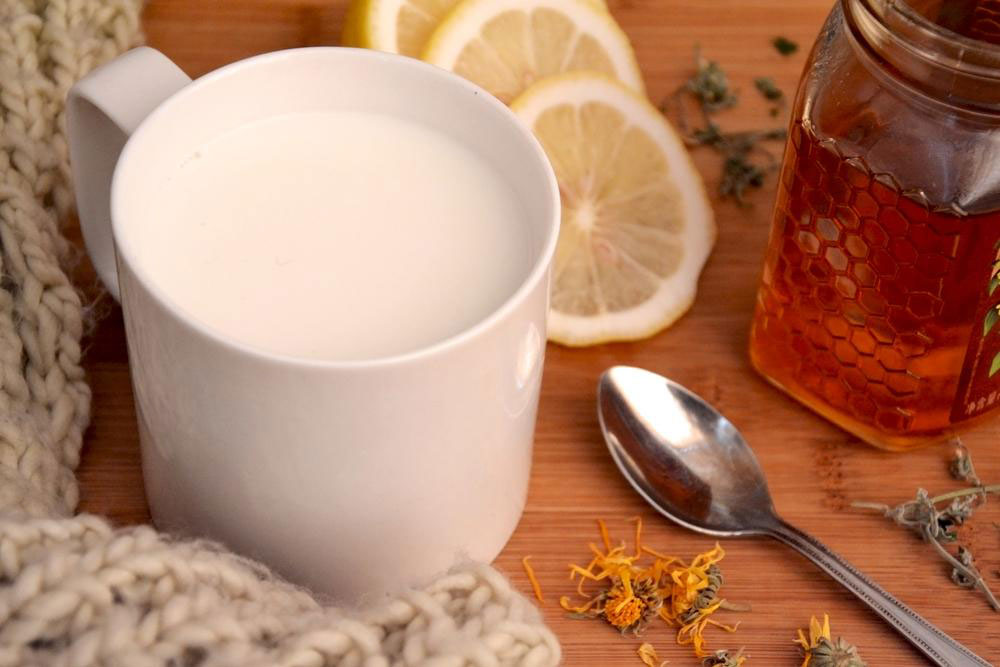Home Remedies for Constipation That You Need to Know
The constipation remedies are determined after finding out the reasons for constipation which may include certain foods in the diet, medication, choice of lifestyle, and also certain diseases. Before selecting a remedy, it is important to understand the side effects.
Understanding constipation
If bowel movements are three or fewer in a week it is an indication of constipation and constipation remedies need to be sought. This is accompanied by bloating, extreme discomfort as well as pain while passing stools.

Home remedies for constipation
Drinking water : Dehydration could be a major cause for constipation. Therefore, in order to avoid constipation, it is important to drink plenty of water and keep yourself hydrated. For people suffering from irritable bowel syndrome, carbonated water could be more effective.
Carbonated drinks such as soda with sugar, however, should be avoided at all costs as they cause greater damage. Drinking water is one of the most effective remedies for constipation.
Soluble fiber : Add more fiber to your diet especially if you feel constipated. The consistency and bulk of bowels are said to improve with higher fiber content in the diet that helps them to pass with more ease.
There are two types of dietary fibers, namely soluble and insoluble fibers. Wheat bran, whole grain, and vegetables contain insoluble fibers. They make stools bulkier ensuring that their passage through the digestive system is quicker and easier.
Oat bran, nuts, barley, beans, seeds, peas, lentils, certain fruits and vegetables have soluble fibers. By absorbing water, they lead to the formation of a paste which is like gel, and this acts a stool softener and consistency is improved.
However, it might have adverse effects in people with irritable bowel syndrome. The most effective solution is non-fermentable soluble fiber like psyllium. A mix of soluble and insoluble fibers would be the best among the constipation remedies.
Exercise : Some studies have shown that exercise resulted in a significant reduction in constipation. Regular walks could be helpful in reducing constipation.
Drink coffee : Coffee helps in acting as a stimulant to the digestive system muscles. It has the same impact as a meal. There may be small quantities of soluble fibers in coffee which help in the prevention of constipation by improving the gut bacterial balance.
Herbal laxative : Senna, can be taken either orally or through the rectum. Glycosides, plant compounds present in Senna, acts as a stimulus to the nerves of the gut and expedites the bowel motion. It should not be used on a long-term basis. If you are pregnant, breastfeeding, or if you have inflammatory bowel syndrome, then Senna should be avoided.
Probiotic foods : Probiotics, either as food or supplements, help in restoring the bacterial balance in the gut and help in the prevention of constipation. Lactic acid, as well as fatty-chain acids produced by probiotics, help in relieving constipation. Foods which contain healthy bacteria are yogurt, kimchi, as well as sauerkraut.
Prescription laxatives : Such laxatives which are prescribed fall into 4 categories.
- Bulking agents which are fiber based and cause the water content of the stool to improve.
- Stool softeners, which contain oil to help with smoother bowel movements.
- Stimulant laxatives, which vitalize the gut nerves making the passage smoother.
- Osmotic laxatives, which help in the smooth movement of bowels by drawing water from tissues surrounding the gut.
Low FODMAP diet : This diet, which is normally used for irritable bowel syndrome, can be effective in the treatment of constipation. The diet consists of certain fruits and vegetables, meat, fish, eggs, chicken, rice, soy, quinoa, oats, hard cheeses, nuts and seeds in small quantities. This diet should be accompanied by sufficient water and fiber.
Shirataki noodles : Glucomannan, which could be used as a supplement or found in shirataki noodles, works as a prebiotic and helps in restoring the balance of good bacteria in your gut.
Prebiotic foods : These contain dietary fibers which improve the stool consistency as well as the movement of bowels. The balance of friendly bacteria in your gut improves when such foods are consumed. Galacto-oligosaccharides, a prebiotic, helps to soften stools as well as increasing the bowel frequency. Garlic, bananas, and onions contain high amounts of prebiotic fiber.
Magnesium citrate : This is a kind of osmotic laxative. When taken in moderation, it helps in relieving constipation.
Prunes : This is a natural cure for constipation, whether had as a fruit or in the form of a juice. Containing an abundance of fiber as well as sorbitol—a natural laxative, it helps relieve constipation. Sorbitol, a type of sugar alcohol, is an effective laxative. However, if you are suffering from irritable bowel syndrome, you should avoid prunes.
Dairy products : Constipation might be triggered by intolerance to dairy products. If you have lactose intolerance, it is better to substitute dairy products with other foods that are rich in calcium.